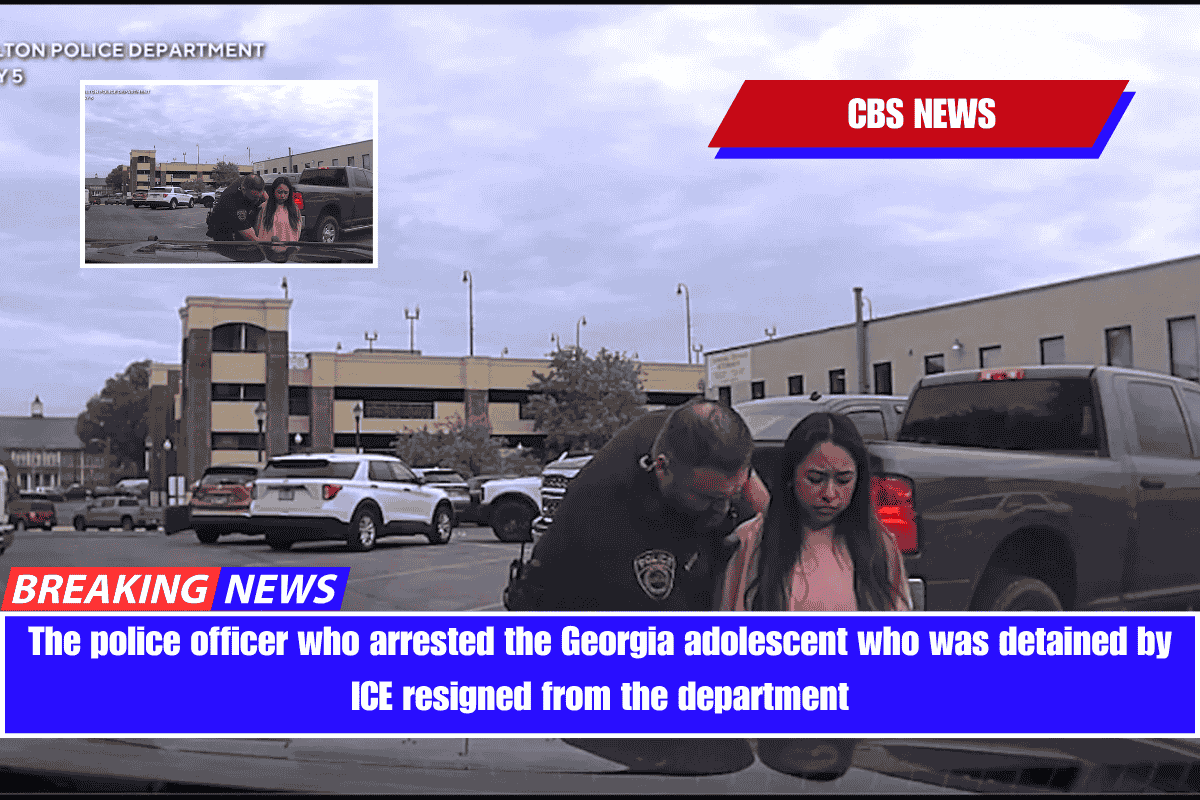On Friday, a firing squad executed a South Carolina man who killed an off-duty police officer, the state’s second use of the rare execution method in the last five weeks.
Mikal Mahdi cried out as the bullets struck him, and his arms flexed. He groaned twice more, about 45 seconds later. His breaths lasted about 80 seconds before he appeared to give one last gasp.
The three-person firing squad carried out the execution at 6:01 p.m. He was pronounced dead by a physician at 6:05 p.m., the South Carolina Department of Corrections told CBS News.
Mahdi, 42, chose to die by three bullets to the heart over lethal injection or the electric chair. Brad Sigmon was executed on March 7, marking the first firing squad death in the United States in 15 years and the fourth since 1976. All of the other incidents took place in Utah.
The firing squad is an execution method with a long and bloody history around the world. It has been used to punish mutiny and desertion in armies, as frontier justice in America’s Old West, and as a weapon of terror and political repression in the former Soviet Union and Nazi Germany.
However, South Carolina lawmakers saw it as the quickest and most humane way to kill an inmate, particularly given the uncertainty surrounding the availability of lethal injection drugs. Three volunteers fired the shots that killed Mahdi.
Mahdi is the fifth inmate executed by South Carolina in less than eight months, as the state works through prisoners who ran out of appeals during an unintentional 13-year moratorium on executions in the state.
Mahdi’s death marks the 12th execution in the United States this year. Twenty-five prisoners were killed across nine states in 2024. Inmates in Alabama and Louisiana have been killed with nitrogen gas. Florida, Oklahoma, Arizona, and Texas have all used lethal injection to execute men, while South Carolina has used both firing squads and lethal injection.
Mahdi admitted to killing Orangeburg Public Safety officer James Myers in 2004, shooting him at least eight times and burning his body. Myers’ wife found him in the couple’s Calhoun County shed, which had served as the backdrop for their wedding 15 months earlier.
Myers’ shed was a short walk through the woods from a gas station where Mahdi attempted but failed to purchase gas using a stolen credit card, leaving behind a car he had carjacked in Columbia. Mahdi was arrested in Florida while operating Myers’ unmarked police pickup truck.
Mahdi also admitted to the murder of Christopher Boggs, a convenience store clerk from Winston-Salem, North Carolina, who was shot twice in the head while checking Mahdi’s ID three days earlier. Mahdi was sentenced to life in prison for the killing.
Mahdi’s final appeal was denied this week by both the United States and South Carolina Supreme Courts. His lawyers claimed Mahdi’s original attorneys presented a weak case in an attempt to spare his life, failing to call on relatives, teachers, or others who knew him and ignoring the impact of months spent in solitary confinement in prison as a teenager.
The defense’s argument to spare Mahdi’s life before a judge lasted about 30 minutes. It “didn’t even span the length of a Law & Order episode, and was just as superficial,” Mahdi’s lawyers wrote.
Mahdi’s earliest memory is of his father slamming his mother through a glass table and then lying to his son, claiming she had died. Mahdi’s father pulled him out of school in fifth grade after officials suggested he needed behavioral help, according to defense lawyers.
Prosecutors claimed Mahdi was constantly resorting to violence to solve his problems. As a death row inmate, he stabbed a guard and struck another worker with a concrete block. According to prison records, Mahdi was apprehended three times with tools he could have used to flee, including a piece of sharpened metal that could be used as a knife.
“The nature of the man is violence,” prosecutors wrote.
Mahdi’s death marks the end of a busy period in South Carolina’s death chamber. He is the fifth inmate killed in September, after the state had not executed anyone since 2011. No other inmates have been released on appeal, but several are close.
The state was able to resume executions after lawmakers authorized the firing squad and passed legislation allowing suppliers of pentobarbital to remain anonymous, as well as the exact procedures used to kill inmates and the names of prison employees on execution teams, including the firing squad shooters.
Along with Sigmon’s firing squad death last month, three other South Carolina prisoners have been executed by lethal injection since September.


















Leave a Reply